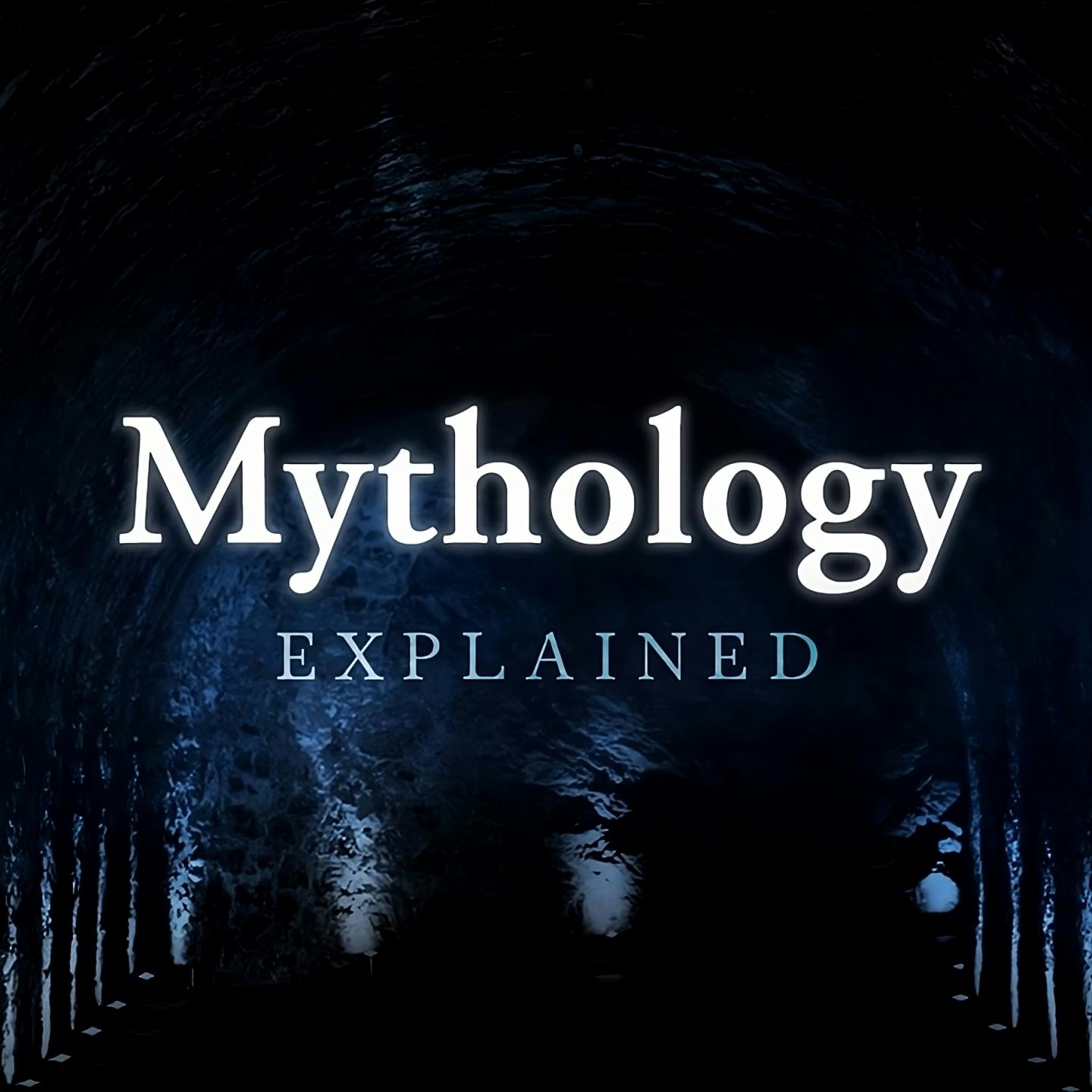
5 GODS so Powerful Even Other GODS Feared Them - Greek Mythology Explained

Mythology Explained
Shownotes Transcript
5 Gods so Powerful Even the Other Gods Feared Them
Hey everyone, Welcome to Mythology Explained. In today's video, we're going to discuss five of the most powerful gods in Greek mythology, gods so powerful that their powers often dwarved those of the other deities in the Greek mythos.
And just a quick comment before we get started: this list isn't ranked and is by no means comprehensive, so let us know in the comments who else you think deserved to be included. Certainly Hades could have been added, but we kept it to five.
Let's get into it.
Starting off our list is Atlas.
Atlas' case for making this list is explained through the punishment he was saddled with when the Titans were finally defeated by the gods after 10 years of war. Unlike the other titans that fought in the war, Atlas wasn't banished to Tartarus, the great, cavernous abyss that existed beneath the earth; No, he was singled out and perpetually subjected to his own personal hell, which was to forever be the pillar that held up the heavens, stabilising creation itself by keeping earth and sky separate. This, of course, begs the question: why was Atlas given special treatment? Well, the reason for this was that Atlas was an implacable force for the Titans. His leadership and battle prowess greatly bolstered the overall strength of his side. His presence, both as counselor and as warrior, was a core reason that the war between the gods and the titans extended into the protracted 10 year conflict that it was. When the gods finally won, their greatest adversary was condemned to suffer the greatest punishment.
Atlas came to be defined by his unending plight. In this way, his constant, crushing burden associated him with endurance and resilience. But he wasn't all brawn. He was known as a wise man, and the art of astronomy, the tracking of the myriad of stars embedded in the firmament he pressed upwards, was said to come from him.
At number 2 we have Cronus.
Cronus was the youngest of the 12 first generation titans. His mother, Gaia, the personification of the earth, was kept in constant agony by having her older children, the cyclopes and the Hecatonchires, trapped inside of her by her consort, Uranus, the personification of the sky, who was repulsed by his earlier children, thinking them abominations that needed to be hidden away, which he did by pressing them back inside Gaia. This unbearable predicament was the catalyst that forced Gaia to turn to her children for help, beseeching them to rise up against their father. Only Cronus had the potency of character, a combination of audacity and ambition, to answer his mother's call. He lay in wait, stone sickle in hand, then ambushed his father, castrating him, casting the severed genitals into the sea. And so, Cronus deposed his own father, superseding him to become the new king of the cosmos, ushering in the era of titan rule. Later, Cronus would swallow his children, one at a time as they were born, a preemptive effort to prevent his own usurpation at the hands of one of his children as he himself had done. But his efforts would be to no avail, and the drums of war would soon sound as the gods and titans laid waste to the surface of the earth as they fought for supremacy, a conflict that would end badly for the Titans, the belligerents of their number heaved into Tartarus, sentenced to banishment, forever.